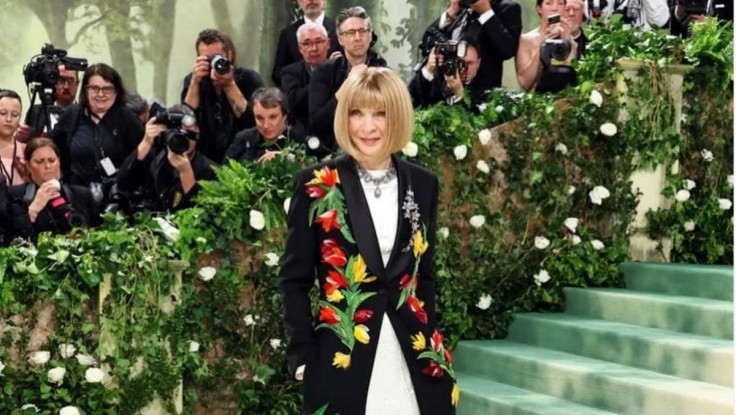Anna Wintour Successor: Who Could Possibly Replace The Iconic Editor?
Leading contenders for her successor include Amy Astley, Chioma Nnadi, Kate Betts, and digital-focused editors like Lindsay Peoples Wagner and Eva Chen

Anna Wintour has stepped down as editor-in-chief of American Vogue after nearly 40 years in the role. The 75-year-old will now serve as global editorial director and chief content officer at Condé Nast, leaving the US edition of Vogue in search of new leadership at a pivotal moment for the fashion industry.
Why a Successor is Needed and What the Role Involves
Wintour's departure from daily operations marks a significant shift within the magazine industry. While she will continue to oversee global content across Vogue and other Condé Nast titles, a newly created role, head of editorial content, will assume responsibility for the American edition's day-to-day strategy. This structural change aims to preserve Wintour's overall editorial vision while allowing space for new leadership to shape the magazine's immediate direction.
The successor will also face growing pressure to address issues like sustainability in fashion, increasing diversity in both staff and content, and adapting to fast-changing consumer media habits.
Leading Contenders: Internal Figures and Emerging Voices
Condé Nast has yet to announce an official successor. However, industry speculation centres on several established fashion editors and influential digital voices.
Amy Astley, editor-in-chief of Architectural Digest and the founding editor of Teen Vogue, is seen as a strong internal candidate. Her background blends traditional print success with a track record in digital growth.
Chioma Nnadi, who recently became the first Black editor of British Vogue, also has extensive experience with the American edition. She is widely praised for her inclusive editorial approach and storytelling range.
Kate Betts, a former editor at both Vogue and Harper's Bazaar, is considered a wildcard. Although known for a previously strained professional relationship with Wintour, her editorial credentials remain well regarded within the industry.
Other names mentioned in media reports include Lindsay Peoples Wagner from The Cut, Elaine Welteroth, a former Teen Vogue editor, and Eva Chen, currently Instagram's director of fashion partnerships. Each candidate reflects a different area of expertise, from traditional print to social media and digital-first publishing.
Balancing Legacy with Innovation
The incoming editor will inherit the responsibility of preserving Vogue's prestige while ensuring it stays relevant to a younger, more digitally focused audience. That includes maintaining its signature features, such as celebrity covers and fashion-forward editorials, while innovating in areas like inclusivity, audience growth, and multiplatform content strategy.
During Wintour's tenure, the magazine became known for landmark issues, from themed covers to Met Gala exclusives that influenced global fashion trends. The next leader must find a balance between honouring that legacy and responding to the demands of a socially conscious, tech-savvy readership.
Additionally, they will likely be expected to expand Vogue's reach across video content, podcasts, and emerging platforms to engage audiences where they consume media today.
Wintour's transition signals the end of an era and the beginning of a new chapter for Vogue. While she remains in a powerful oversight role, her successor will shape the magazine's editorial voice at a time of major cultural and digital shifts. Balancing Vogue's legacy with innovation will be essential to keeping the brand influential and relevant to a new generation of readers.
© Copyright IBTimes 2025. All rights reserved.





















